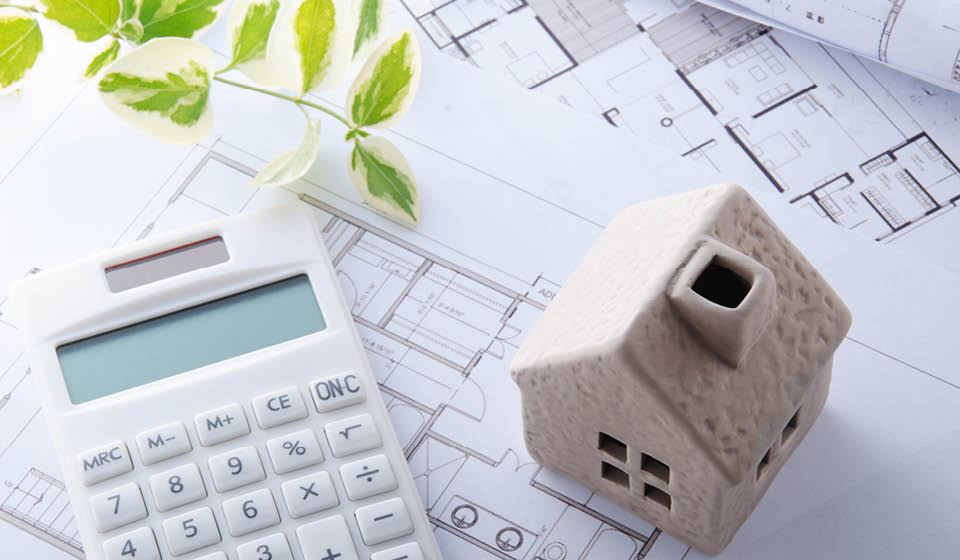Liberty News - Subsidies for renovation and new construction projects are in high demand
In times of low interest rates, low returns and high inflation, some people are considering investing their money in real assets. Renovation and new construction projects are therefore very popular. This is also reflected in the demand for subsidies.
Switzerland is busy planning, building and renovating: The federal and cantonal building program reports another record year for 2021. The cantons disbursed a total of around CHF 361 million to renovation and new construction projects as part of their funding programs (2020: CHF 299 million). Thermal insulation projects accounted for the largest share with CHF 126 million; followed in second place by building services projects with CHF 106 million (+70% compared to 2020). System renovations were funded with 81.4 million francs, with comprehensive renovation of the building envelope often accompanied by a change of heating system. In total, around 14,000 fossil-fuel systems were replaced with heating systems using renewable energy in 2021, most frequently with a heat pump. The measures implemented in 2021 thanks to subsidies reduced the energy consumption of the Swiss building stock by 6.5 billion kilowatt hours and CO2 emissions by around 1.8 million tons of CO2. Commitments for energy-related measures implemented and paid out over the next five years also reached a new high of CHF 490 million in 2021.
Subsidy amounts paid out likely to remain high
The Confederation and the cantons expect that the funding amounts disbursed will remain high in the coming years. On the one hand, the cantons have continuously increased their subsidy budgets in recent years; on the other hand, they were able to commit practically all of the available funds in 2021 (CHF 490 million). According to the Swiss Federal Office of Energy, this shows that the willingness of building owners to renovate or construct their properties in an energy-efficient and climate-friendly way is high. The subsidies committed in 2021 will be paid out over the next five years. By far the largest share of the commitments relates to building services projects (CHF 155 million), with which around 18,700 fossil-fuel heating systems are to be replaced. A further 1100 or so heating systems are to be replaced as part of system refurbishments.
Trend continues
According to the SFOE, the positive trend is also reflected in the federal and cantonal funding budgets for 2022: In addition to the cantonal funds of CHF 177 million (+32% compared to 2021), the federal government paid out around CHF 411 million to the cantons in 2022 in the form of global contributions from the CO2 partial earmarking. This means that all the funds available from the partial earmarking have been drawn down and around 588 million francs are available for 2022 for measures to reduce energy consumption or CO2 emissions. Never before has so much money been available since the Buildings Program was launched in 2010.
Energy consumption and CO2 emissions are reduced
The measures funded in 2021 will save 6.5 billion kWh and 1.8 million tons of CO2 over their lifetime. At CHF 196 per ton of CO2, the impact achieved increased compared to the previous year (CHF 207/t CO2). This is primarily due to the fact that disbursements to building services projects continued to increase strongly. At the same time, disbursements for system renovations decreased, which have a lower impact per funding franc invested than individual measures due to higher investment costs. Nevertheless, such system renovations are desirable because they often lay the foundation for a (later) switch to a fossil-free heating system and are therefore sustainable in the long term and drive the renewal of the building stock in Switzerland.
